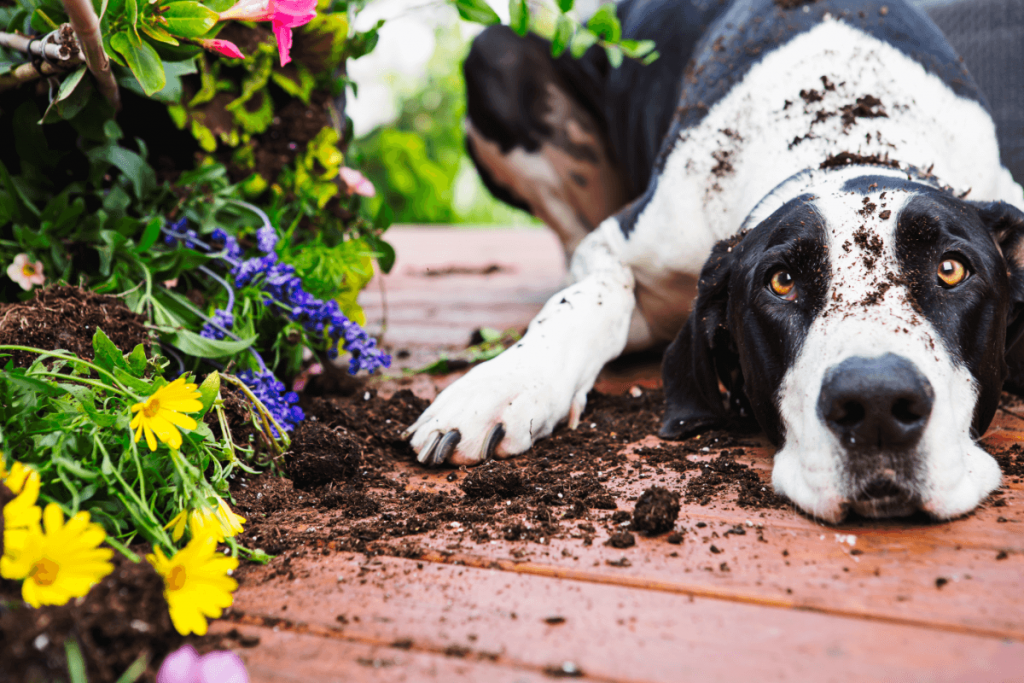Does your dog suffer from anxiety in certain circumstances, such as during thunderstorms or when you leave them to go to work? If so, then they’re not alone.
Research shows that more than 70% of dogs are likely to have displayed anxious behaviour at some stage in their lifetime. While some of this can be put down to a one-off reaction in a particular circumstance, that still leaves a large number of dogs who live with anxiety on a daily basis.
Recognising that your dog may be suffering from anxiety is important, as the sooner you can address the situation causing the stressed behaviour, the better the outcome.
How to tell if your dog is suffering from anxiety
Depending on the situation and the temperament of your dog, the behaviours that a dog will exhibit when feeling anxious can differ quite significantly. Dogs can exhibit a variety of symptoms when feeling stressed, including:
- Destructive behaviour
- Easting unusual items
- Hiding
- Trembling
- Excessive barking, howling or whining
- Aggression
- Toileting in the house all of a sudden
- Drooling or panting excessively
- Repetitive digging or scratching
Common reasons for anxious behaviour
Once you understand the cause of your dog’s anxiety, you can work with your vet on managing the triggers.

In our small animal clinic, the four most common sources of anxiety that we see are:
- Separation from owners
- Phobias (such as thunderstorms, loud noises, heights etc.)
- Interaction with other dogs or cats
- Age-related decline in cognitive function
Diagnosing anxiety
It’s important not to just ignore your dog’s anxiety. It’s a very unpleasant experience for your pet and can lead to an escalation of behavioural issues if left untreated.
Anxiety is a medical condition, so it’s important that you consult with your vet if your dog is displaying anxious behaviour. At our Gawler East vet clinic, when we see a dog with anxiety, we will first perform a thorough health check to rule out any medical issues such as illness, disease or chronic pain.
Following the health check, our vet will conduct a more in-depth behavioural consultation to assess your pet’s anxiety and formulate a management plan.
How we can help to manage your dog’s anxiety
Depending on the result of your consultation, there is a range of strategies for managing anxiety in dogs. Our vets often recommend a multi-faceted approach, which may include a combination of:
- Changes to your pet’s environment
- Desensitisation exercises
- Positive behaviour reinforcement
- Synthetic pheromones such as Adaptil®
- Medication if required
Seeing your beloved dog suffer from anxiety is difficult and can also become quite debilitating for both your dog, and you as the owner. If you are concerned that your pet may be displaying anxious behaviours, please bring them in for a consultation so we can formulate a plan to manage their anxiety and get them back to their happy and healthy self as soon as possible.
To schedule an appointment, give our friendly team a call on 08 8318 1801 or book your appointment online.

